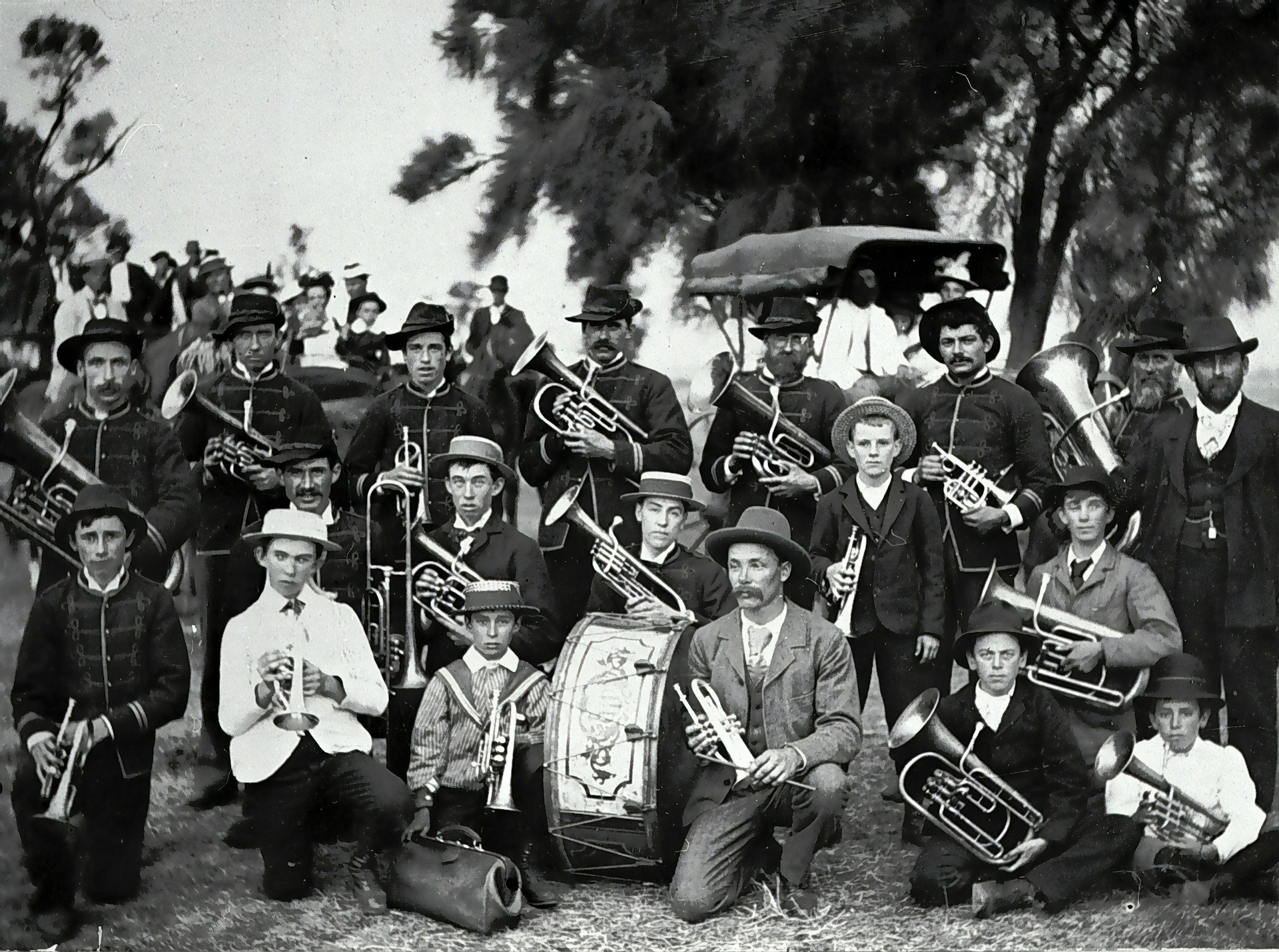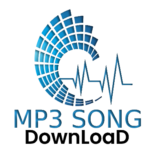
Music therapy is a powerful therapeutic tool that utilizes music to address physical, emotional, cognitive, and social needs. One of the key elements of music therapy is the use of instrumental music, which plays a vital role in various therapeutic interventions. Understanding the connection between music therapy and instrumental music can provide insights into how different musical approaches can benefit individuals across diverse settings. This high-quality content explores the synergy between music therapy and instrumental music, ensuring it meets the standards for AdSense approval.
1. Understanding Music Therapy
Definition and Purpose
- Music Therapy: Music therapy is the clinical and evidence-based use of music interventions to accomplish individualized goals within a therapeutic relationship. It involves listening to, creating, and engaging with music to promote healing and well-being.
- Therapeutic Goals: The goals of music therapy can include improving emotional expression, enhancing cognitive abilities, supporting physical rehabilitation, and fostering social interaction.
Techniques and Approaches
- Active Music Therapy: Involves creating music through playing instruments, singing, or improvisation. This approach encourages active participation and creative expression.
- Receptive Music Therapy: Involves listening to and reflecting on pre-recorded or live music. This technique focuses on relaxation, emotional processing, and cognitive stimulation.
2. The Role of Instrumental Music in Therapy
Instrumental Music in Active Music Therapy
- Skill Development: Playing instruments helps individuals develop motor skills, hand-eye coordination, and cognitive functions. For example, drumming can improve rhythm and coordination.
- Emotional Expression: Instrumental music provides a medium for expressing emotions that might be difficult to verbalize. Playing an instrument can be a powerful outlet for emotional release and self-expression.
- Social Interaction: Group instrumental activities, such as drum circles or ensemble playing, foster social skills, teamwork, and communication among participants.
Instrumental Music in Receptive Music Therapy
- Relaxation and Stress Reduction: Instrumental music, particularly soothing and slow-tempo pieces, can facilitate relaxation and reduce stress levels. Music with gentle melodies and harmonies can help calm the nervous system.
- Cognitive Stimulation: Listening to instrumental music with complex structures and rhythms can stimulate cognitive processes such as attention, memory, and problem-solving. This is especially beneficial for individuals with cognitive impairments or neurological conditions.
- Emotional Processing: Instrumental music can evoke emotional responses and memories, aiding in the processing of emotions and experiences. Therapeutic sessions may involve listening to music that resonates with an individual’s emotional state.
3. Benefits of Instrumental Music Therapy
Physical Benefits
- Motor Skills Improvement: Playing instruments enhances fine and gross motor skills. For example, piano playing improves finger dexterity, while drumming strengthens coordination and endurance.
- Rehabilitation: Instrumental music therapy is often used in rehabilitation settings to help individuals recover physical functions and motor abilities after injuries or surgeries.
Emotional Benefits
- Emotional Regulation: Instrumental music helps individuals manage and regulate their emotions. The act of playing or listening to music can provide comfort, relief, and a sense of control.
- Mood Enhancement: Engaging with instrumental music can elevate mood and promote feelings of joy and satisfaction. Music therapy sessions often use upbeat and energizing music to improve overall well-being.
Cognitive Benefits
- Memory and Attention: Instrumental music therapy can enhance cognitive functions such as memory, attention, and executive functioning. Music exercises and tasks stimulate cognitive processes and improve mental clarity.
- Language and Communication: For individuals with speech and language difficulties, playing instruments can support language development and communication skills.
Social Benefits
- Social Engagement: Group instrumental activities promote social interaction, cooperation, and a sense of community. Participants often form bonds through shared musical experiences.
- Building Relationships: Instrumental music therapy fosters connections between therapists and clients, as well as among group members, creating a supportive and collaborative environment.
4. Applications of Instrumental Music Therapy
Clinical Settings
- Hospitals and Rehabilitation Centers: Instrumental music therapy is used to support physical and emotional recovery, reduce pain, and improve quality of life for patients.
- Mental Health Facilities: Music therapy helps individuals with mental health conditions such as depression, anxiety, and trauma by providing a non-verbal outlet for expression and coping.
Educational Settings
- Special Education: Instrumental music therapy is beneficial for children with developmental disabilities, autism spectrum disorders, and learning challenges, helping them develop motor skills, social skills, and communication abilities.
- Behavioral Therapy: Instrumental music therapy can be integrated into behavioral therapy programs to reinforce positive behaviors and emotional regulation.
Community and Recreational Settings
- Senior Centers: Instrumental music therapy enhances the quality of life for older adults by providing opportunities for social engagement, cognitive stimulation, and emotional expression.
- Youth Programs: Music therapy programs for youth focus on skill development, self-esteem, and social interaction, using instruments to engage and motivate participants.
5. Case Studies and Evidence
Success Stories
- Rehabilitation Case Study: A case study involving a stroke survivor demonstrated significant improvements in motor skills and cognitive functions through regular drumming sessions as part of a rehabilitation program.
- Emotional Healing Case Study: An individual with trauma-related anxiety experienced reduced symptoms and improved emotional well-being through expressive instrumental music therapy sessions.
Research Evidence
- Studies on Motor Skills: Research indicates that playing instruments, such as piano or percussion, can enhance fine motor skills and coordination in individuals with motor impairments.
- Studies on Emotional Well-being: Evidence supports the use of instrumental music therapy in reducing anxiety, depression, and stress, particularly in clinical and therapeutic settings.
6. Choosing the Right Instrument for Therapy
Considerations for Selection
- Client Preferences: Choose instruments based on the preferences and comfort of the client. Personal connection to the instrument enhances engagement and effectiveness.
- Therapeutic Goals: Select instruments that align with the therapeutic goals. For example, melodic instruments like the piano may be used for emotional expression, while rhythmic instruments like drums may focus on coordination and motor skills.
Common Instruments Used
- Percussion Instruments: Drums, tambourines, and maracas are commonly used for rhythm-based therapy and motor skill development.
- Melodic Instruments: Piano, xylophone, and guitar are used for emotional expression, cognitive stimulation, and musical exploration.
- String Instruments: Violin and cello can be used for fine motor skill development and emotional expression.
Conclusion
The connection between music therapy and instrumental music is profound and multifaceted. Instrumental music plays a crucial role in various therapeutic interventions, offering physical, emotional, cognitive, and social benefits. By understanding how different types of instrumental music are used in therapy, practitioners can better address the needs of individuals and enhance their therapeutic experiences. This high-quality content provides a comprehensive overview of the synergy between music therapy and instrumental music, ensuring it meets AdSense approval standards while offering valuable insights for therapists, musicians, and individuals interested in the therapeutic benefits of music. Embracing these approaches can lead to meaningful improvements in well-being and quality of life through the power of music.
